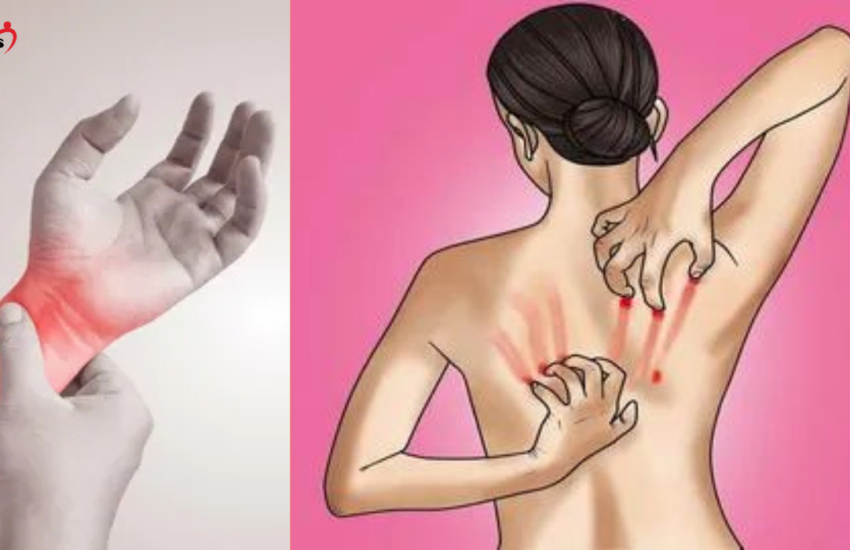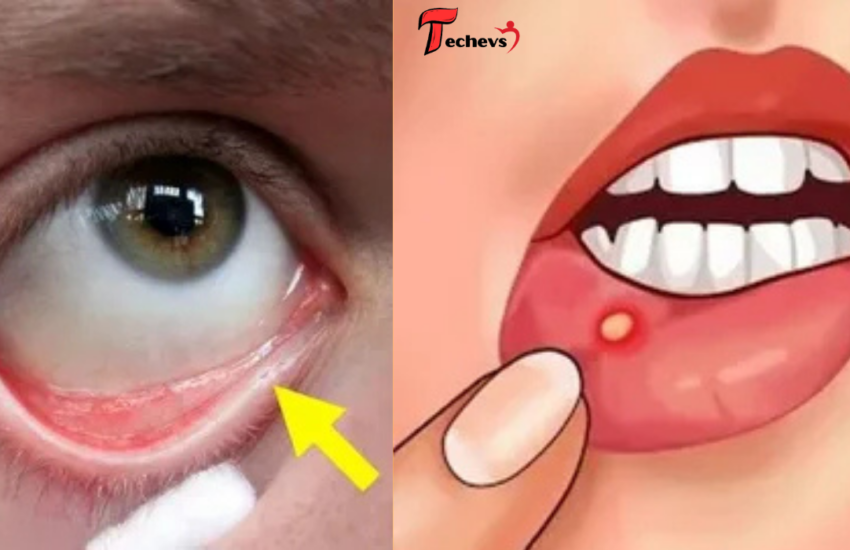10 Signs You’re Not Drinking Enough Water
Water plays a vital role in keeping your body functioning properly, aiding digestion, regulating body temperature, and flushing out toxins. Despite its importance, many people overlook the need for proper hydration, and dehydration can manifest itself in a variety of ways. If you’re not sure if you’re drinking enough water, here are ten warning signs to look out for:
- Dry mouth and constant thirst
The most immediate symptoms that you’re not getting enough water are a dry mouth and constant thirst. When your mouth feels dry, it’s a clear signal that your body needs more fluids. Ignoring this signal can further worsen dehydration.
- Dark yellow urine
The color of your urine can be a sign of your hydration levels.
If it’s dark yellow or amber, it’s a sign that you need to drink more water. Well-hydrated urine should be light yellow or almost clear. Dark urine indicates that your kidneys are holding onto water, which is a sign of dehydration.
- Fatigue and exhaustion
Water is crucial for energy production, and dehydration can make you feel tired, sluggish, and mentally sluggish. If you are constantly tired or find even simple tasks tiring, dehydration could be the underlying cause. - Frequent headaches
Headaches, including migraines, are common symptoms of dehydration. When your body is dehydrated, the brain temporarily shrinks due to the lack of fluids, which causes a painful headache. If you are experiencing headaches regularly without an obvious cause, dehydration could be to blame. - Dry skin and chapped lips
Insufficient hydration can cause the skin to become dry, flaky, and tight. You may also notice chapped or cracked lips. Hydration is essential to keeping your skin supple and elastic, and without enough water, your skin can look dull and dehydrated. - Dizziness and lightheadedness
Feeling dizzy or lightheaded is another sign of dehydration. Water helps maintain electrolyte balance, and without enough fluids, you can have low blood pressure, which can lead to dizziness. If you feel unwell or weak, it’s time to hydrate. - Constipation
Water is extremely important for healthy digestion. If you don’t drink enough water, your body can absorb more water from food, which can make stools hard and cause constipation. Chronic dehydration can lead to ongoing digestive problems and difficulty having regular bowel movements. - Cravings for sugary or salty foods
Dehydration can sometimes cause your body to mistake it for hunger, leading to cravings for sweet or salty foods. If you’re feeling a strong urge to snack when you’re not really hungry, your body may need more water. Drinking water can help reduce unnecessary cravings and restore balance to your appetite. - Decreased urination
If you notice that you are urinating less frequently or if you go several hours without needing to use the bathroom, this is a sign that you are not drinking enough water. Dehydration causes your body to retain water, which causes your urine to become less concentrated and more turbid. - Bad breath
When you are dehydrated, your mouth becomes dry, which reduces saliva production. Saliva helps wash away bacteria, so a lack of it can lead to a buildup of bacteria in your mouth, which can lead to bad breath (halitosis). If you are constantly experiencing bad breath, dehydration may be the cause.
Staying hydrated is essential for your overall health. If you are experiencing any of the above symptoms, it is time to increase your water intake. Aim to drink at least eight 8-ounce glasses of water per day, depending on your activity level, weather, and health. By being aware of your hydration needs, you will increase your body’s ability to perform daily functions and avoid problems related to dehydration.



